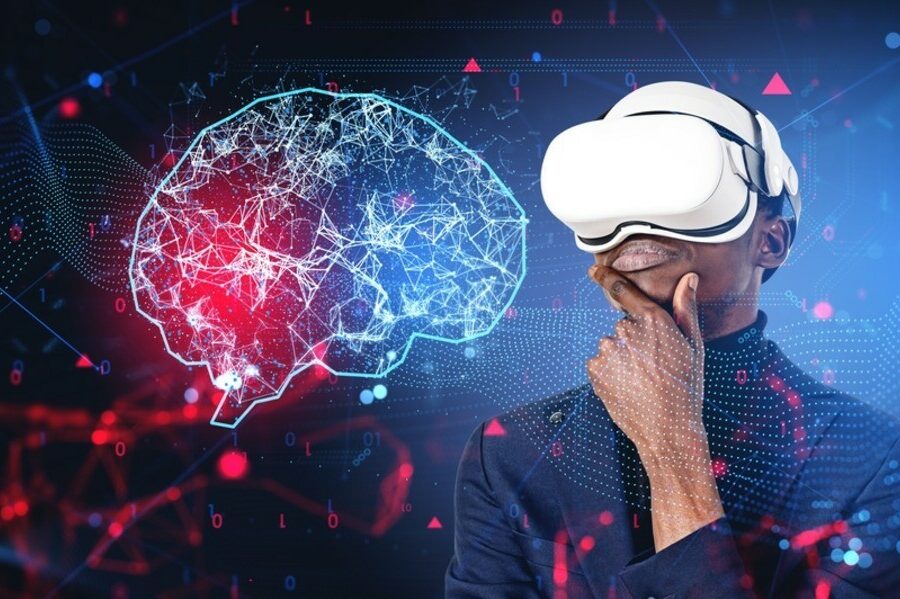The Metaverse, once hailed as the future of the internet, may have met an untimely end after a mere three years of existence, but is it really true that it has died, or is this just speculation? While some are quick to write off the Metaverse as a failed concept, others argue that it is simply in its early stages of development and has yet to reach its full potential.
The concept, which promised to create a virtual world where people could interact seamlessly through avatars, was championed by tech mogul Mark Zuckerberg, who renamed his company Meta in 2021 to reflect his commitment to the project.
While the Metaverse made a splash in the tech industry, it may have since faded in popularity due to the emergence of generative AI. This new technology, which involves using algorithms to create original content, has captured the industry’s attention with its potential to transform fields like healthcare, finance, and art. As a result, the Metaverse might have taken, according to some experts, a backseat in the tech world and is no longer seen as the promising trend it once was.
Despite the shift in focus towards generative AI, some experts still believe that the Metaverse has a future. They argue that this technology is rapidly improving and that we are only beginning to scratch the surface of what is possible. They also note that there are many potential applications for the Metaverse beyond just gaming and socializing, such as education, healthcare, and business.
Read more: The first bite of the metaverse
Others, however, argue that the concept of the Metaverse was flawed from the beginning. They point out that the idea of creating a fully immersive virtual world is inherently limited by the fact that it is still a digital experience. They argue that no matter how realistic the graphics or how advanced the technology is, it can never truly replicate the experience of being in the real world.
Despite these differing opinions, one thing is clear: the Metaverse has sparked a lot of discussion and debate about the future of technology and its impact on society. Whether it ultimately succeeds or fails, the concept of the Metaverse has already left an indelible mark on the tech industry, and its influence will be felt for years to come.
Economic potential
A new report released by Meta examined the economic opportunities the metaverse presents around the world. In the Middle East and North Africa (MENA), the metaverse could contribute up to $38.1 billion in Saudi Arabia, $16.7 billion in the UAE, $22 billion in Egypt, $5 billion in Morocco, and $1.7 billion in Jordan in additional GDP per year by 2035.
The paper commissioned by Deloitte revealed that with increasing interest in the metaverse across the region, several applications and commercial use cases have already started to emerge that demonstrate how consumers in the region might use the metaverse to attend virtual concerts, purchase virtual assets, or access education.
Realizing this potential in the Middle East and North Africa will, according to the research, depend on accelerating digital skills development and closing skills gaps across the region. When these plans are fully realized, the benefits to KSA’s economy could reach $20.2 – $38.1 billion per year in additional GDP by 2035. In the UAE those benefits could reach $8.8 – $16.7 billion per year, in Egypt $11.6 – $22 billion per year, in Morocco $2.6 – $5 billion per year, and in Jordan $0.9 – $1.7 billion per year by 2035.
Click here for more news on the metaverse.








